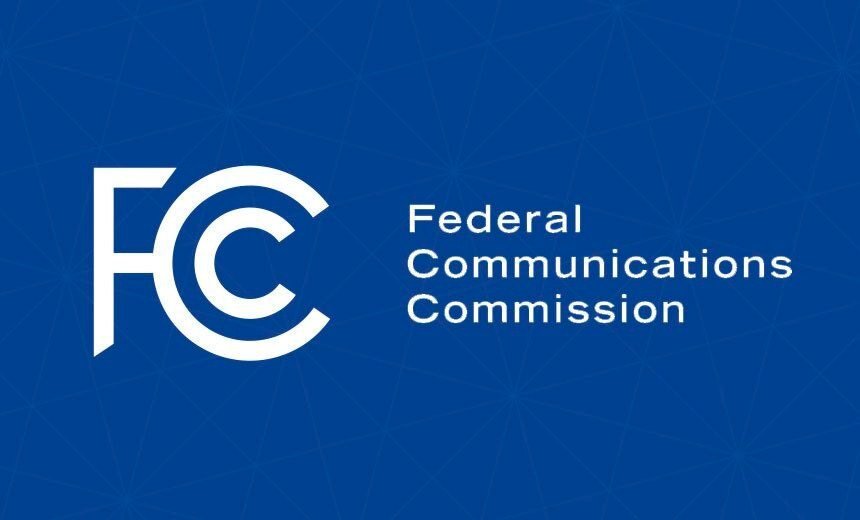FCC Votes to Unlock More than 20,000 Megahertz of Satellite Spectrum
Part of the Commission's 'Final Frontiers' Agenda
As part of its "Final Frontiers" agenda, the Federal Communications Commission (FCC) has voted to kickstart a proceeding that could unlock more than 20,000 megahertz of spectrum for high-speed internet delivered from space. That amount is more than the sum total of all spectrum available for satellite broadband today.
“Securing expanded spectrum resources for satellites would not only help ensure continued domestic technological innovation and U.S. space industry leadership but would shine light on the millions of unconnected Americans.” Tom Stroup, SIA
Specifically, in a Notice of Proposed Rulemaking, the Commission will seek comment on expanding satellite connectivity across four spectrum bands: 12.7-13.25 GHz, 42.0-42.5 GHz, 51.4-52.4 GHz, and the so-called “W-band” at 92.0-94.0 GHz, 94.1-100 GHz, 102.0-109.5 GHz, and 111.8-114.25 GHz.
These underused bands—located in “spectrum neighborhoods” ideal for satellite broadband—are prime candidates for modernization. For many years, outdated regulations restricted satellite operations in the 12.7 GHz band. The 42 GHz band is one of the rare bands that still remains greenfield. The 52 GHz band has no licensed commercial users. And the W-band presents exciting opportunities for gigabit capacity over a massive, but mostly empty, swath of spectrum long considered outside the practical realm of physics.
The Commission intends to make good on its years-long efforts to unleash these bands for next-generation services. The 12.7 and 42 GHz bands, which the Commission previously considered for terrestrial use, are adjacent to workhorse satellite frequencies in the Ku- and V- bands. Meanwhile, there has been growing and intense support to open up the 52 GHz band domestically after international decisions at WRC-19. And by seeking comment on the W-band, the Commission continues recent initiatives to push the limits of high-band spectrum and provide a “first-mover advantage” for U.S.-licensed operators.
The Satellite Industry Association welcomed the move. “SIA greatly appreciates today’s FCC decision to begin proceedings that could significantly expand satellite spectrum assets across multiple bands for current and next-generation space-based broadband connectivity,” said Tom Stroup, president of the Satellite Industry Association."
“SIA strongly applauds FCC Chairman Carr and his entire leadership team for once again recognizing the expanding importance of the commercial satellite industry as well as the role space-based connectivity can play now and well into the future. Securing expanded spectrum resources for satellites would not only help ensure continued domestic technological innovation and U.S. space industry leadership but would shine light on the millions of unconnected Americans as well as billions around the globe who are in the digital darkness.”






